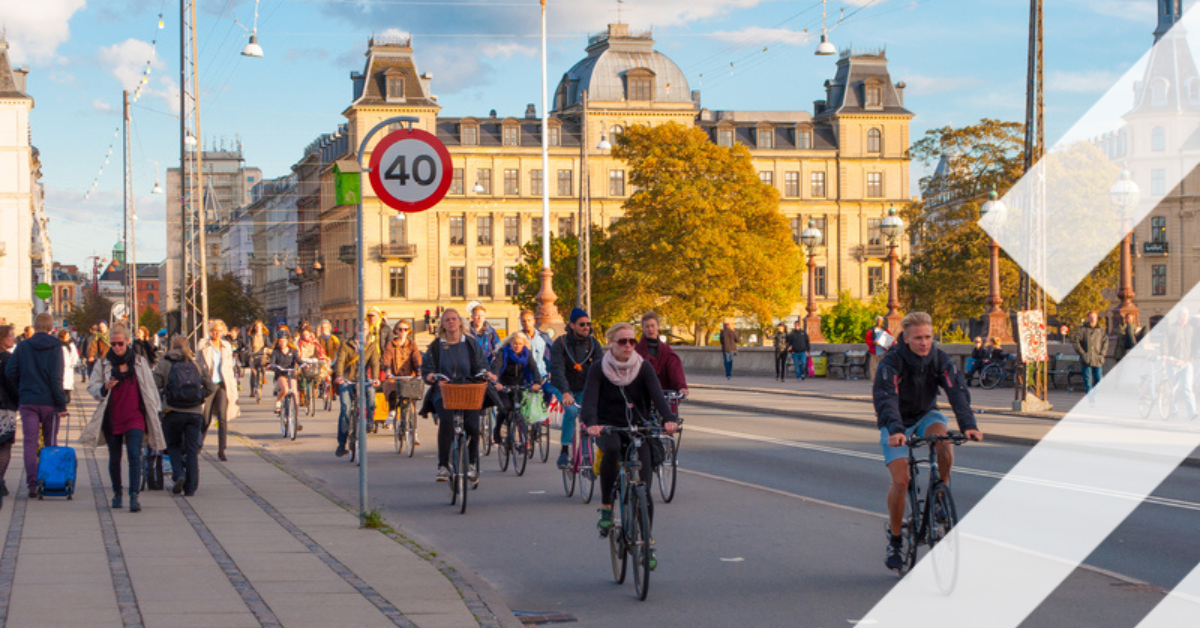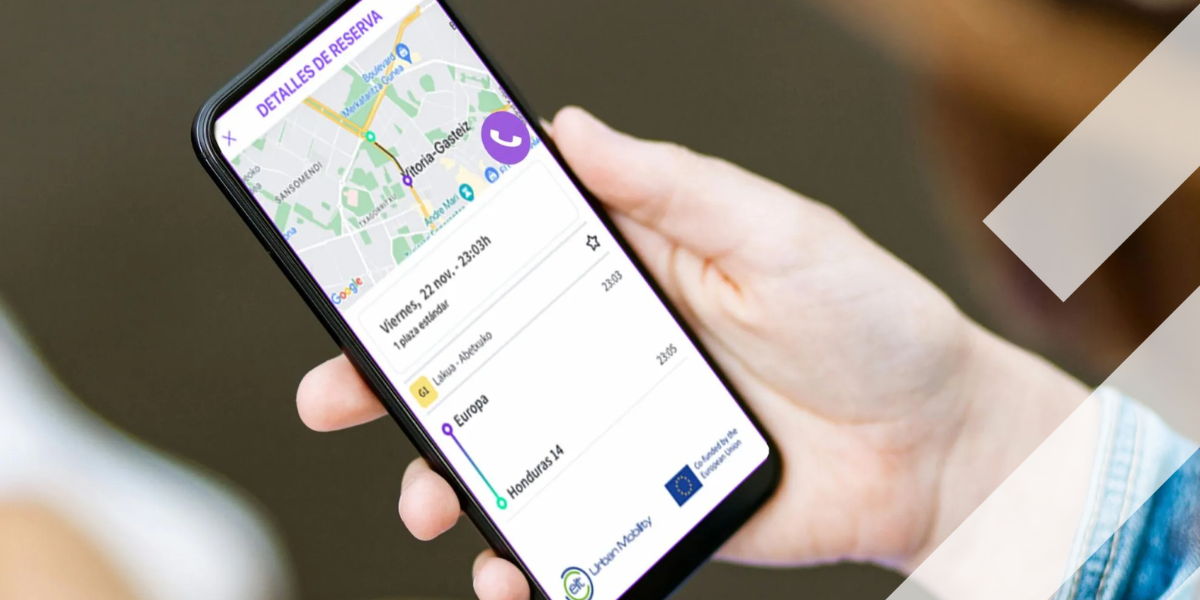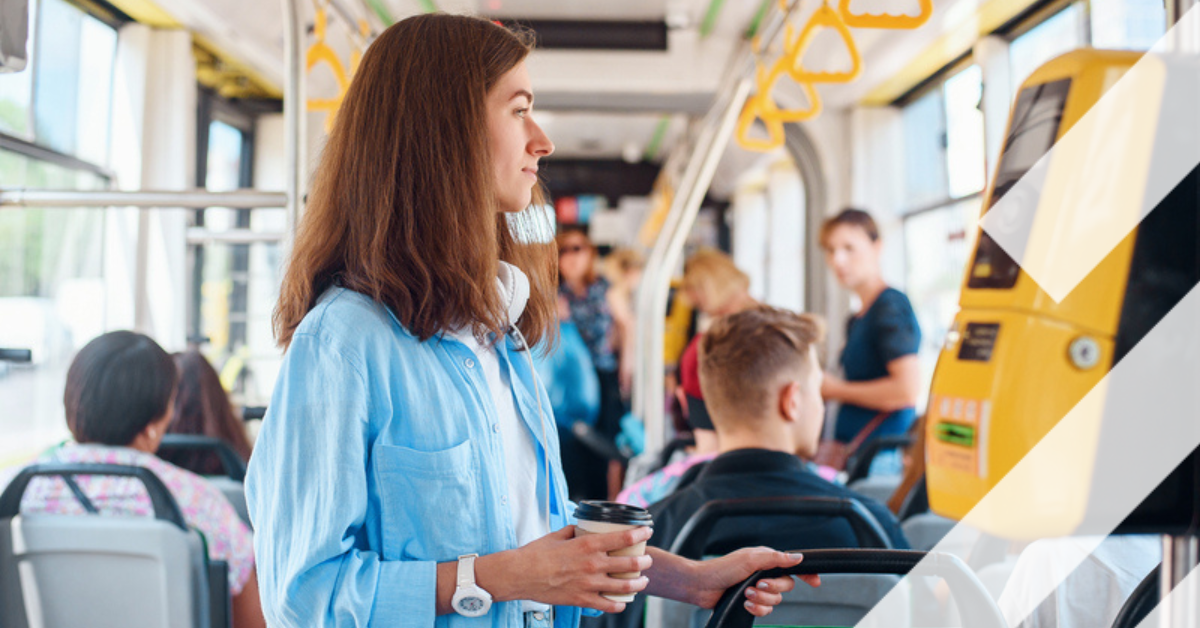Imagine this: you cycle to work, take a tram, or share an e-scooter instead of driving alone and your city rewards you. Not just with the satisfaction of lowering your carbon footprint, but with something tangible: a free coffee, discounted groceries, a reduced public transport fare, or even points toward your tax bill.
Welcome to the world of eco-rewards, a system of incentives designed to encourage sustainable mobility choices. From Helsinki to Singapore, and from small start-ups to major employers, eco-rewards are quietly becoming one of the most powerful tools in the fight against congestion, air pollution and climate change.
This is far from a fictional scenario - it’s exactly what is happening in Scotland right now. South Lanarkshire Council has just been awarded funding from Strathclyde Partnership for Transport People and Place Programme to continue running its BetterPoints - Think, Move, Breathe app.
Welcome to the world of eco-rewards, a system of incentives designed to encourage sustainable mobility choices that are quietly becoming one of the most powerful tools in the fight against congestion, air pollution and climate change.
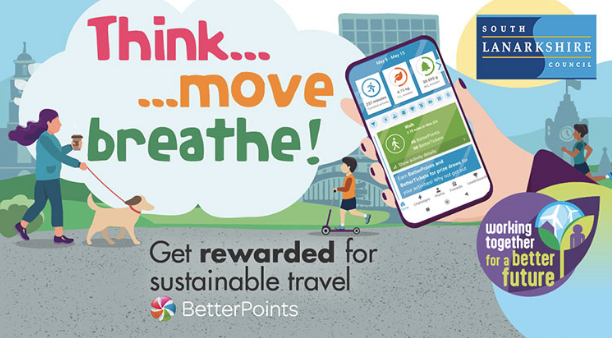
Ecorewards South Lanarkshire’s BetterPoints app promotion encouraging sustainable journeys (Credit: South Lanarkshire Council)
Users download the app, which tracks journeys and awards points based on the distance and mode of travel. These points can be redeemed for vouchers at local businesses, donated to charities, and even used to enter prize draws, creating incentives to choose sustainable travel options.
By choosing to walk, cycle, or take the bus or train, you’re not just getting from A to B - you’re creating positive changes which helps reduce pollution, ease traffic congestion, and lower carbon emissions. Together, these actions build greener, safer, and more vibrant communities for everyone now and for future generations.
Chair of the South Lanarkshire Council’s Community and Enterprise Resources Committee, Councillor Robert Brown, said: “This welcome funding will allow even more people to take part in the Think, Move Breathe challenge. This successful campaign complements the council’s wider strategy to create a safe and accessible sustainable transport network as well as helping to improve air quality across South Lanarkshire and beyond.”
The cities of Helsinki, Berlin, Bremen and Copenhagen have all announced their own versions of eco-reward schemes that are seen to offer immediate perks as well as the satisfaction of “doing your bit” for Mother Earth. So how does it work?
The cities of Helsinki, Berlin, Bremen and Copenhagen have all announced their own versions of eco-reward schemes that are seen to offer immediate perks as well as the satisfaction of “doing your bit” for Mother Earth. So how does it work?
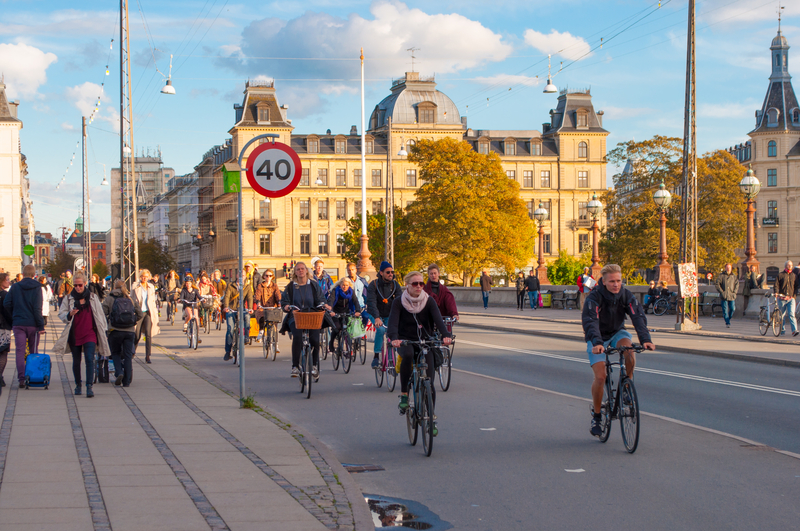
Copenhagen’s CopenPay eco-rewards: bustling bike traffic and pedestrians in a liveable city (Credit: Gestur Gislason/Dreamstime.com)
The Psychology of a Nudge
For decades, urban planners have tried to coax people out of their cars with new infrastructure - cycle lanes, bus networks, park-and-ride hubs. These investments matter, of course, but behaviour is stubborn. If the car is seen as quicker, cheaper, or more convenient, most people will choose to use it.
Enter eco-rewards: an approach that taps into behavioural economics. People respond to nudges, especially when they translate a moral good into a personal win. “Make the right choice and we’ll make it feel rewarding” is the promise. It’s immediate gamification applied to your commute with a subtle answer to the age-old question of “What’s in it for me?”.
Eco-rewards come in many flavours and colours, but the principles are similar:
Commuters collect points every time they walk, cycle, or use public transport, verified through apps or smart cards. These points translate into discounts at local shops, free transit rides, or lower insurance premiums.
Companies can offer bonuses to employees who log sustainable commutes. Some use mobility budgets that allow staff to spend transport allowances flexibly, whether on bike shares, metro tickets, or ride sharing.
Municipalities set up competitions, such as “Car-Free Weeks”,where participants who leave their car at home are entered into raffles for prizes.
Increasingly, rewards are embedded into digital platforms people already use, such as mobility apps, contactless payment systems, or even loyalty cards linked to supermarkets or cafés.
‘Make the right choice and we’ll make it feel rewarding’ is the promise. It’s immediate gamification applied to your commute with a subtle answer to the age-old question of ‘What’s in it for me?’
Eco-Rewards in Action
Bologna’s Bella Mossa
One of Europe’s most celebrated pilots, Bella Mossa (literally “Good Job”) tracked trips via smartphone. Users earned points for walking, cycling, or riding public transport, redeemable at partner businesses ranging from bookstores to ice-cream parlours. The scheme recorded millions of kilometres of sustainable travel, proving that small perks can generate big shifts.
Singapore’s Travel Smart Rewards
To reduce peak-hour congestion, Singapore offered commuters cash rewards for travelling outside rush hour. The system used gamified lotteries: the more off-peak trips you made, the higher your chances of winning. It both spread demand and promoted public transport.

Eco-traveller with a bike holding a takeaway coffee earned via a mobility reward (Credit: Stefan Dahl/Dreamstime.com)
The Netherlands’ Mobility Budgets
Dutch employers increasingly give staff mobility budgets instead of car allowances. Employees can spend these budgets on train tickets, bike subscriptions, or shared cars, tailoring choices to their lifestyles. The approach makes sustainable options financially attractive.
Sweden’s “Green Steps” for Students
Several municipalities reward schoolchildren for walking or cycling to school with small incentives such as stickers, badges, or vouchers, turning sustainable travel into a lifelong habit.
Why Eco-Rewards Matter Now More Than Ever
1. Climate Pressure Is Intensifying
The transport sector is one of the EU’s largest greenhouse gas emitters. With European Green Deal targets looming, behavioural change is as urgent as technological innovation.
2. Equity and Inclusion
Eco-rewards can make sustainable options more affordable. A discounted bus pass or grocery voucher can mean a great deal to low-income households.
3. Public Health
By nudging people toward active modes such as walking and cycling, eco-rewards contribute directly to healthier lifestyles and cleaner air.
4. Digital Transformation
Smartphones and data analytics now make it possible to track journeys securely, personalise incentives, and scale programmes city-wide in ways unthinkable a decade ago.
Smartphones and data analytics now make it possible to track journeys securely, personalise incentives, and scale programmes city-wide in ways unthinkable a decade ago

Silhouettes of people walking along tram tracks, symbolising rewarded active travel (Credit: Olga Besnard/Dreamstime.com)
Challenges on the Road
Eco-rewards are not a silver bullet. There are, like with every new thing, challenges that need to be addressed, such as, to name but four:
Verification Problems: Ensuring data accuracy - confirming someone really did cycle rather than drove – this requires careful app design and trust.
Funding Models: Who pays for the rewards? Cities, employers, retailers? Sustainable financing is crucial for long-term success.
Behavioural Sustainability: Critics warn that once incentives stop, old habits may return. Eco-rewards need to be paired with structural improvements: better public transport, safe bike lanes, liveable streets.
Digital Divide: App-based systems risk excluding those without smartphones or a degree of digital literacy. Inclusivity must remain central to any eco-rewards scheme.
What the Future Could Look Like
Imagine opening a mobility app every morning. It tells you: “Take the tram, and you’ll unlock a free museum ticket this weekend. Bike to work and you’ll earn points towards your electricity bill.” Such systems could dovetail with broader sustainability strategies:
Carbon Credits for Individuals: Linking personal mobility choices with carbon accounting could allow people to trade saved emissions.
Smart Insurance: Health or car insurers could reduce premiums for clients who demonstrate active, low-risk commuting.
AI-Powered Personalisation: Apps could tailor rewards based on your habits - extra motivation when you’re most likely to default to driving.
